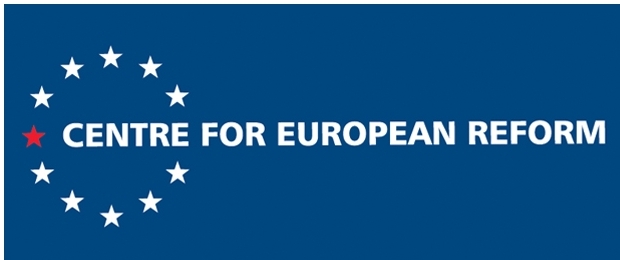
NATO: Trying to keep the Americans in
Clara O'Donnell, a research fellow at the Centre for European Reform, said there was "a lot of truth" to German diplomat von Ploetz's doubts about US enthusiasm. The United States knows that Europe is still its closest ally, she said. But America might not want to "stay fully engaged with NATO" if it means getting involved in "European neighborhood issues" such as the Balkans, especially if Europe doesn't want to help out on future expeditionary wars like Afghanistan. "Afghanistan has frustrated a lot of people in Washington about working with the alliance," O'Donnell said. "They felt they have had to invest a lot of time and energy trying to persuade allies to contribute more troops and the end result from an American perspective is that there are still not enough troops around." If the United States were to embark on another war on foreign soil, it might not bother going through NATO for help, she said. The simple fact was that western Europe had little stomach for expeditionary warfare. This makes the ambitious strategy to be outlined in Lisbon all the more implausible, O'Donnell said. "They need to emphasise that for their own political credibility but that doesn't mean there is the political appetite for those sorts of operations," she said. O'Donnell likened the summit to "a surrealist play" in which everyone was ignoring the growing disparity between NATO's stated ambitions and the fact that European countries were dramatically slashing their defence budgets because they felt fundamentally safe — the latest terrorism warnings in Germany notwithstanding. "They will paper over the cracks. But the two things that really need to be addressed are the two things that will be avoided. The first is that everyone has a different view about what NATO is for and the second is that no one has any money and no one wants to invest any resources. Those will be the two elephants in the room. The take home message would be: Don't disband it but don't use it."
